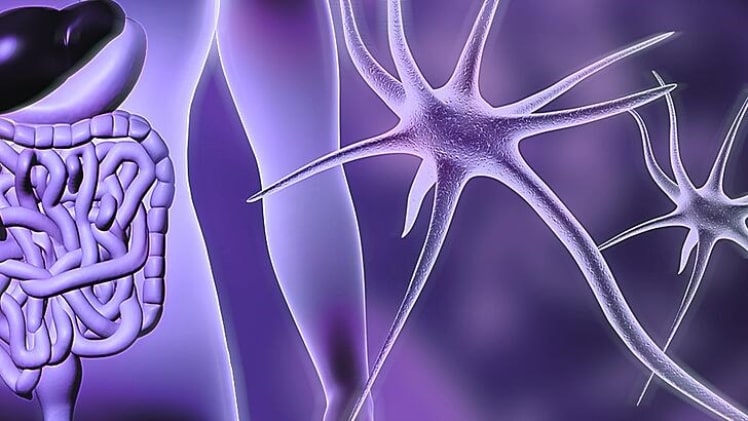Are you one of the millions of people who suffer from neurogenic bowel? If so, you know how frustrating and debilitating it can be. This type of bowel dysfunction is caused by damage to the autonomic nervous system, and can result in problems like constipation, diarrhea, or both. While there is no cure for neurogenic bowel, there are treatments that can help make life more manageable. We’ll discuss some of the treatments available for neurogenic bowel, as well as tips for managing your symptoms. We hope this information will help you feel more in control of your condition and improve your quality of life.
Symptoms
Neurogenic bowel, often called autonomic dysreflexia, is a rare complication associated with various nervous system disorders. Symptoms include intense abdominal cramping and pain, nausea, vomiting, diarrhea, and rectal urgency and incontinence. If you are experiencing any of these symptoms, it is important to seek medical attention right away. Treatment options vary depending on the underlying cause but typically include medications and therapies to relieve symptoms. There is no cure for neurogenic bowel but with the proper treatment most people can live relatively normal lives.
How to treat neurogenic bowel
Neurogenic bowel, also known as neurogenic bladder, is a condition in which the nerves that control the bowels and bladder are damaged. This can lead to problems with bowel movements and urination. There are a number of treatment options available for neurogenic bowel, and finding the right one for you can help improve your quality of life. We will discuss some of the most common treatments for neurogenic bowel, as well as their benefits and drawbacks. We hope this information will help you make the best decision for your health.
Possible complications of neurogenic bowel
If you have been diagnosed with a neurogenic bowel, it is important to be aware of the possible complications that can occur. While most people who have this condition do not experience any problems, some may encounter issues such as constipation, incontinence and fecal impaction. By knowing what to look for, you can get prompt treatment if any of these complications arise. So if you have a neurogenic bowel, be sure to talk to your doctor about what to expect and how to deal with any potential problems.
Living with neurogenic bowel
It can be difficult to live with neurogenic bowel, but it is possible to manage the condition and live a relatively normal life. There are many strategies that you can use to make living with neurogenic bowel easier, and by working closely with your doctor, you can come up with a care plan that works for you. There are also many support groups available where you can find information and advice from other people who are living with neurogenic bowel. Don’t hesitate to ask for help – it’s what we’re here for.
Piemed
If you’re looking for reliable, accurate health information, you’ve come to the right place. At piemed, we believe that patients should have access to the latest medical news and information. We provide daily updates on a variety of health topics, so you can stay informed about the latest advances in medicine. Whether you’re seeking information about a specific condition or just want to learn more about how your body works, our experts have got you covered. Visit us today and start taking control of your health.

